In the back country of Pakistan, you will find a unique ancient tribe of people who reside in the Chitral District of Khyber-Pakhtunkhwa province. What makes them unique to most Pakistanis is the fact that many people in the tribe have blonde hair and blue eyes. Let me also add that they claim to descend from Greece in the time of Alexander the Great.
It is no secret that Alexander the Great had conquered these lands over 2,000 year ago and had occupied the mountains of northern Pakistan in which he would sow the seeds of a tribe that lives on to this very day. Many experts, scientists and authors agree that the Kalash Tribes shows all the signs, rites, history and possibly the DNA of the ancient Greeks.
For example, in 2014, the New York Times reported that “The Kalash people of Pakistan were found to have chunks of DNA from an ancient European population. Statistical analysis suggests a mixing event before 210 B.C., possibly from the army of Alexander the Great.” Here is a DNA map from the NY Times article showing the possible influx of DNA into the Pakistani region.
A recent study prepared by Thessaloniki’s Aristotle University English Language Department assistant professor Elisavet Mela-Athanasopoulou shows the common elements shared by the language of the Kalash ethnic group in the Himalayas and Ancient Greek. The study proved common elements shared by Kalash language and Ancient Greek.
Who are the Kalash?
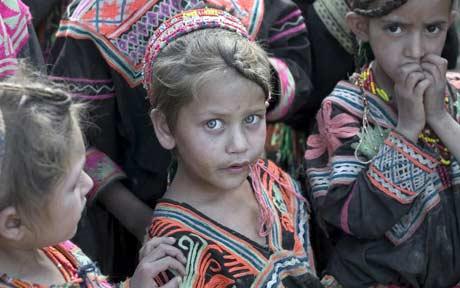 The Kalasha (Kalasha: Kaĺaśa, Nuristani: Kasivo) or Kalash, are a Dardic indigenous people residing in the Chitral District of Khyber-Pakhtunkhwa province of Pakistan. They speak the Kalasha language, from the Dardic family of the Indo-Iranian branch, and are considered a unique tribe among the Indo-Iranian peoples of Pakistan.
The Kalasha (Kalasha: Kaĺaśa, Nuristani: Kasivo) or Kalash, are a Dardic indigenous people residing in the Chitral District of Khyber-Pakhtunkhwa province of Pakistan. They speak the Kalasha language, from the Dardic family of the Indo-Iranian branch, and are considered a unique tribe among the Indo-Iranian peoples of Pakistan.
There are an estimated 3,000 Kalasha left in this beautiful tribe, and they have maintained their ancient culture and tribal rites for well over 2,000 years. Part of these rites include the making of distilled spirits and smoking marijuana. Rites that would be a death sentence in the religion of Islam. These rites are protected by a fierce tribal leader who enforces strict policies and keeps a watchful eye over his tribe. For example, a leader of the Kalash, Saifulla Jan, has recently stated, “If any Kalash converts to Islam, they cannot live among us anymore. We keep our identity strong.”
A Kalashi tribal man, Kazi Khushnawaz was recently quoted saying;
“Long, long ago, before the days of Islam, Sikander e Aazem came to India. The Two Horned one whom you British people call Alexander the Great. He conquered the world, and was a very great man, brave and dauntless and generous to his followers. When he left to go back to Greece, some of his men did not wish to go back with him but preferred to stay here. Their leader was a general called Shalakash (i.e.: Seleucus). With some of his officers and men, he came to these valleys and they settled here and took local women, and here they stayed.
We, the Kalash, the Black Kafir of the Hindu Kush, are the descendants of their children. Still some of our words are the same as theirs, our music and our dances, too; we worship the same gods. This is why we believe the Greeks are our first ancestors.”
The Kalash Tribe Connection With the Religion of the Ancient Jews (Phoenicians/HebrewsGreeks)
The tribe dresses in what can be called traditional old orthodox Jewish-style. Kalasha women usually wear long black robes, 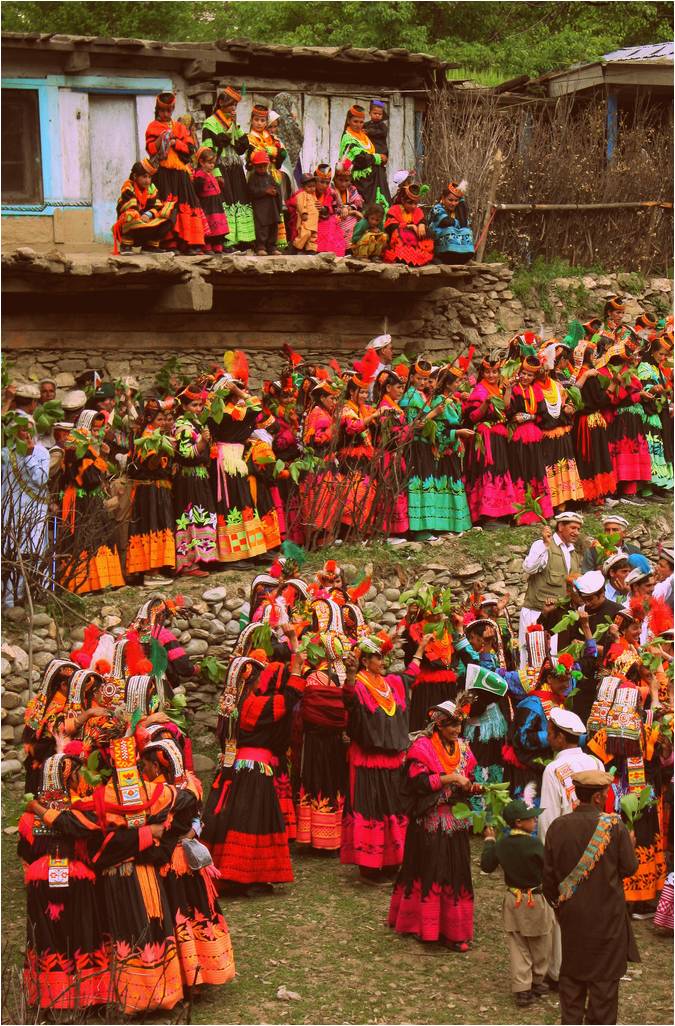
often embroidered with cowrie shells. The children wear their hair in orthodox Jewish-style ringlets and sport bright coloured topi hats. The women sometimes have tattooed faces, wear long black robes with colored embroidery.
The Kalash have no telephone, cars or modern amenities. They make their own bread, clothing, and live from agriculture. They celebrate a week-long Chamos festival with lots of singing, dancing, ritual, feasting and even the sacrifice of a goat.
During this time, the God Balomain (Baal) passes through the valley collecting prayers. Giant bonfire are lit on hills and torches carried by tribal members in honor of this God. They then dance in circles as they sing and chant around the fire just like can be found with the lost tribes of the American Phoenician Hebrew Indians and with the Irish Phoenician Hebrew in Ireland.
The Guardian reported in 2005 that they were a lost tribe who struggles for survival. Here is a quote from the article;
“Turquoise streams rush through leafy glades of giant walnut trees and swaying crops. Clusters of simple houses cling to steep forested slopes. Compared with many compatriots beyond their valleys, the Kalasha are charmingly liberal: drinking wine, holding dancing festivals and worshipping a variety of gods. Women wear intricately beaded headdresses, not burkas, and may choose their husband.”
“For me, the Kalasha are heroes, because they have reached the 21st century still living like their fathers,” said Athanasius Lerounis, a 50-year-old schoolteacher from Athens supervising construction of the centre, which is due to open next month. “We want to help them preserve that.”
In my many other articles on the Lost Tribes such as the Lost Tribe of Judah Found: The Scattered Children of Bab-El, Lost Tribe of Judah Found: The Bedas, and The American Indians and Phoenician Hebrews: 10 Commandments Found in Arizona I detail that many of these same traits such as the dress, food customs, religious rites and tattoos that is common in almost every single tribe that I have researched.
These tribes can be found all over the world from Egypt to India and all the way to Ireland and England in places such as Kent that was once known as the Old Kingdom of Jute which was originally Juteland or the land of the Jutes. Jutland, is regarded as Judah’s land. An adjective for Jute is “Jutish,” pronounced jootish. Kent is an early medieval kingdom said to be founded in the 5th century, in what is now South East England. Julius Caesar invaded the area in 55 and 54 BC, and he referred to the kings here as kings of Cantium.
How did the Kalash maintain their tribal rites and religious customs for over 2,000 years?
Even though the Kalash have kept their culture and maintained their tribal rites, many tribal members have been forcibly converted to Islam by the sword under penalty of death. The remaining tribal members are only the result of being isolated in the Pakistan mountains where they could escape and hide from Islamic crusaders. Professor of Islamic studies, U. Mass Dartmouth; and author, Brian Glyn Williams had recently written and article in the Huffington Post titled, The Lost Children of Alexander the Great: A Journey to the Pagan Kalash People of Pakistan. In it he writes;
“High in the snow-capped Hindu Kush on the Afghan-Pakistani border lived an ancient people who claimed to be the direct descendants of Alexander the Great’s troops. While the neighboring Pakistanis were dark-skinned Muslims, this isolated mountain people had light skin and blue eyes. Although the Pakistanis proper converted to Islam over the centuries, the Kalash people retained their pagan traditions and worshiped their ancient gods in outdoor temples. Most importantly, they produced wine much like the Greeks of antiquity did. This in a Muslim country that forbade alcohol.
Tragically, in the 19th century the Kalash were brutally conquered by the Muslim Afghans. Their ancient temples and wooden idols were destroyed, their women were forced to burn their beautiful folk costumes and wear the burqa or veil, and the entire people were converted at swordpoint to Islam. Only a small pocket of this vanishing pagan race survived in three isolated valleys in the mountains of what would later become Pakistan.”
A 2009 article in the Telegraph explains how this tribe was also recently the targets of the conservative Islamic militant group known as the Taliban. The Telegraph had written:
“The group, believed to be descendants of Alexander the Great’s invading army, were shielded from conservative Islam by the steep slopes of their remote valleys.
While Sikhs, Hindus, and Christians were slowly driven out of Pakistan’s North West Frontier Province by Muslim militants, the Kalash were free to drink their own distilled spirits and smoke cannabis.
But the militant maulanas of the Taliban have finally caught up with them and declared war on their culture and heritage by kidnapping their most devoted supporter.
Taliban commanders have taken Professor Athanasion Larounis, a Greek aid worker who has generated £2.5 million in donations to build schools, clinics, clean water projects and a museum.
They are now demanding £1.25 million and the release of three militant leaders in exchange for his safe return.
According to local police, it was Professor Larounis’s dedication to preserving Kalasha culture that Taliban commanders in Nuristan, on the Afghan side of the border that made him a target.
Confirmation of the Taliban’s role in his kidnapping came as their leader Mullah Omar urged American and Nato leaders to learn from the history of Alexander the Great’s invasion of Afghanistan and his defeat by Pushtun tribesmen in the 4BC.”
More research and videos of the Kalash
Kalasha: Happiest people in Pakistan? | CNN Travel – CNN
Kalash Religion –
Kalash Religion. (Extract from: The Ṛgvedic Religious System and its Central Asian and. Hindukush Antecedents. A. Griffiths & J.E.M. Houben (eds.). The Vedas:.
Feb 13, 2014 – Video released by Taliban calls on Sunnis to join fight against Kalashpeople and moderate Ismaili Muslims in Chitral valley.
Kalash People (PTV Documentary 1976) from Rai M Azlan Shahid on Vimeo.

Moe is the founder of GnosticWarrior.com. He is a father, husband, author, martial arts black belt, and an expert in Gnosticism, the occult, and esotericism.

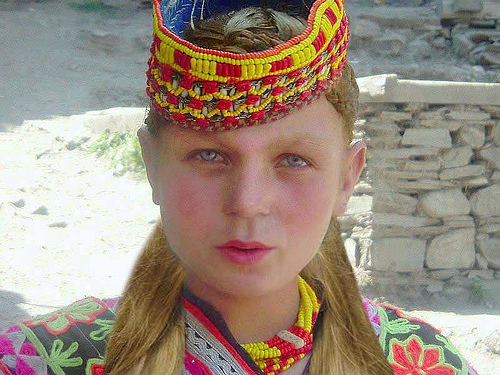
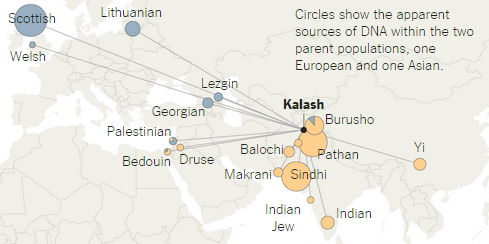
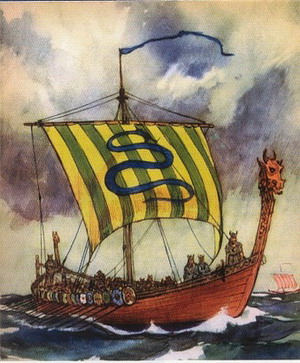
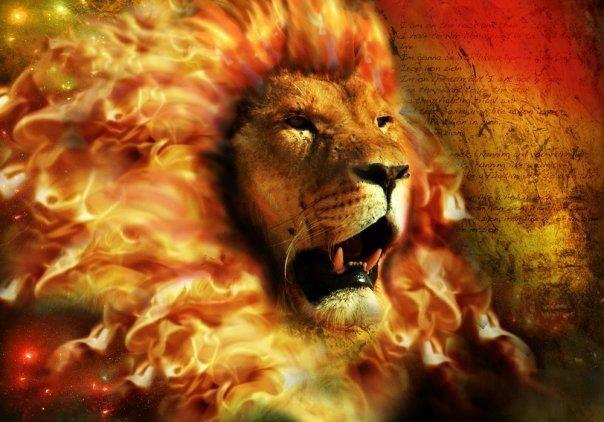
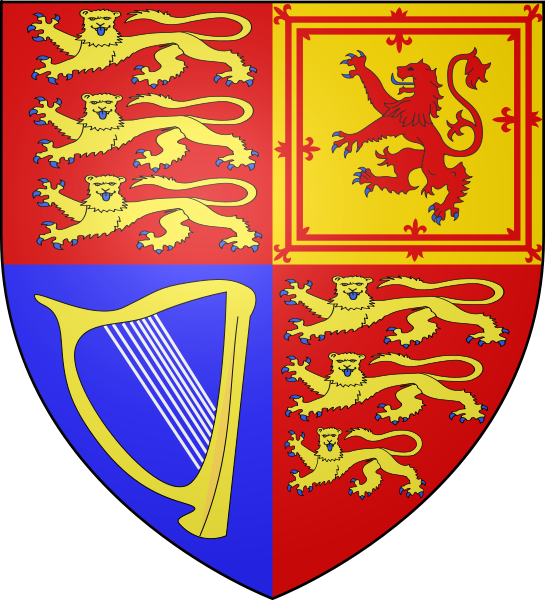
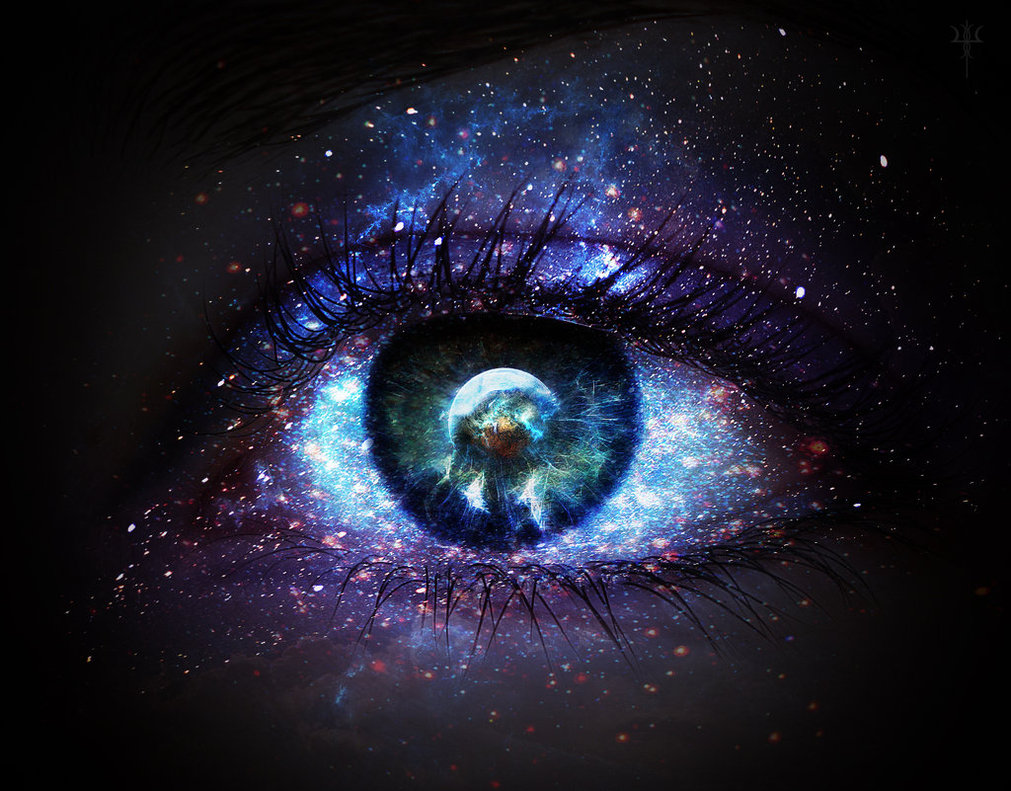
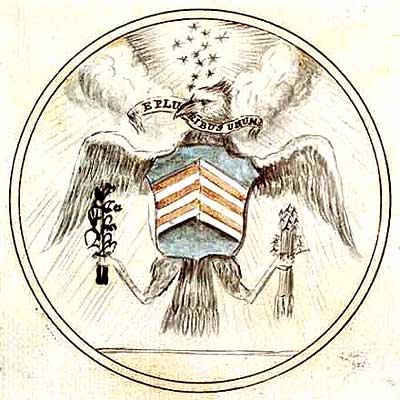
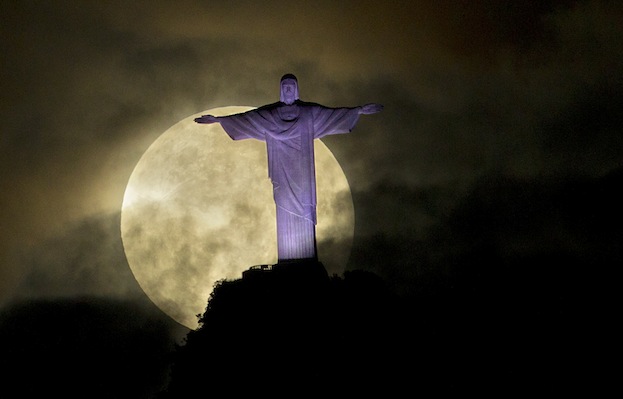
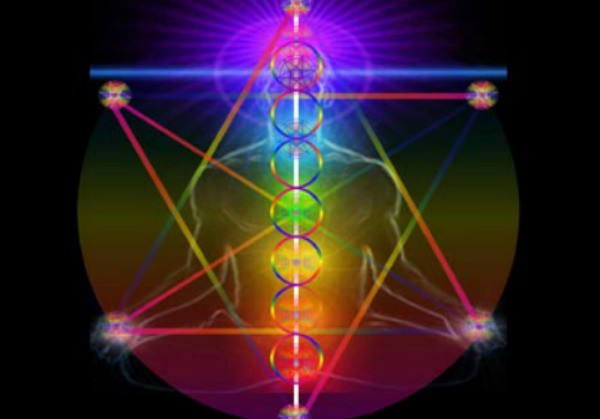
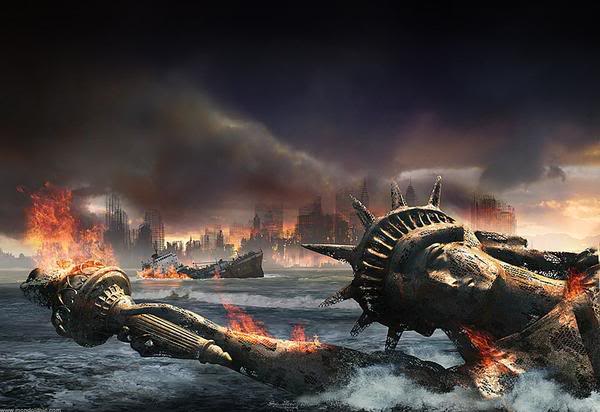
It is always interesting to read about these strange cultures and as Plato once said “The mark of an educated man is one who can entertain a thought without first accepting it.” So even if I may not agree with everything in this article, it was still informative and interesting.
This article drips with hatred of Islam and preys on ignorance. I’ve been to several Muslim countries and all of them allowed alcohol at least on a limited basis. Some don’t bother to regulate pot at all, and no one was getting the death penalty for having a glass of wine.
If the Muslims were as evil and aggressive as this article portrays, how did this tribe even survive?
Too bad you didn’t tell their story in an objective way.
Please do not lie and make false claims because I only relayed the facts in an objective manner as I knew them when I had written the article. You are the person who is not being objective and is upset that I had written the truths as they have been reported. There are many modern examples of Muslims killing Christians and Kafirs, which are too numerous to mention them all here this is a modern fact. However, the opposite cannot be said about modern-day Christians calling for the killing or beheading non-Christians. Sure, it happens rarely, but not even close to the amount of Muslims killing Kafirs in the 21st century.
There is violence in every book, sadly. In the Bible, it is called “herem”, and it means total annihilation. Consider the Book of 1 Samuel, when God instructs King Saul to attack the Amalekites: “And utterly destroy all that they have, and do not spare them,” God says through the prophet Samuel. “But kill both man and woman, infant and nursing child, ox and sheep, camel and donkey.” That doesn’t make the Bible or Christians evil. These books and their ideas are of their time.
Maria: I read the Quran. I also stood by helpless in the DRC while Muslims slaughtered half the village I was delivering to. I watched helplessly in Bangkok when Muslim gangs beat the shit of locals with clubs in their so-called protest. There is good and bad in the Quran, but I’m not certain there is any good left in Islam.
Tell me. Do most Muslims do that? Im Muslim, and not a single Muslim I’ve known has done that. There are 1.8 billion Muslims on the planet, what you’re talking about probably belongs to a group of 2000. What you’re doing and saying is like me attributing white confederacy to the Bible because someone who is Christian happens to do it. Not only this, but if Islam was truly the issue, and if there were bad parts of the Qu’ran, there would be a lot more issues. If 1.8 billion people accepted a violent ideology then westerners wouldn’t stand a chance, but luckily that’s not true, and you’re simply talking about a group of thugs that happen to be Muslim. Again, blaming a religion/ideology by the actions of it’s people (a tiny fraction) is like me blaming Einstein for WW2, Vietnam War, and any other war because his equations for gravity were used to craft missiles that hurt people. When I do that, not only am I ignoring the fact that majority of people use Einstein’s theory to teach and learn about physics. Another good example is like democracy. Millions have died in the name of “Democracy” does that suddenly make democracy the issue? Stop being bigoted and really learn about Islam.
Nice try. The violence in the DRC has nothing to do with Muslims. The tensions are ethnic, not religious — the country is almost entirely Christian. It spilled over from the internecine conflict in Rwanda, itself a result of British, “divide-and-conquer” mercantilism.
This aren’t grees but ilirjan , son of ilirian soldier in army of Alexander a great of Macedonia. Dhe grees didn’t exist in that period. Was anly city-state. And a mother of Alexander a great was from Iliria and his father from Macedonia but non from Athens a city-state ant anymi of Macedonia.
There have been DNA studies including the Kalash. They are not descended from Greeks as previously thought. They are a mix of Indo-Europeans. Interestingly there was a population in Central Asia called The Yamnaya that spread to Europe as well as all the way to northern India (and of course Pakistan Afghanistan etc) that have left their dna and the common indo-European languages. Blonde hair and blue eyes are found in other Pakistan Afghanistan populations, so not a sign of Greeks only. Google a video by David Reich who is a leading researcher of human dna at Harvard. Just read his book Who We Are and How We Got Here which is fascinating in clearing up all the human migrations.
MaceDANian (tribe of Dan)?
Compare the people to the British, Irish, and Americans. These are a relic tribe of the ancient Hebrew (Osraelites). Assyria. upon conquering the Baal worshiping Samarians (Sarmatians) placed them about their kingdom to insulate it from conquerors from north, south, east, and west. The greatest tribes of Ephrain, and Mannassah, became the Parthians, and the SCythians (the SC representing the ancient Hebrew word for isaac, thus, sons of Isaac). Parthia, SCythia & Rome were ancient enemies. The kings of these regions were the supposed wise men of myth who presented themselves to Jesus as a child, and offered him wealth beyond measure as their “king of kings,”
A number of genetic studies have been done on the Kalash, and they pretty much disprove the Greek connection conclusively. Only one, published in 2014 found any admixture event that would match that and it has not been replicated.
The other studies…what they found was far stranger. The Kalash appears to be a relic population. Genetically isolated fro 12 000 years, they are a pure relic of the mysterious “Third population” that formed the modern genetic composition of Europe. What Lazaridis called “Ancient North Eurasians” in his “Ancient human genomes suggest three ancestral populations for present-day Europeans”, Science 2014.
More information can be found in “The Kalash Genetic Isolate” Human Genetics may 2015. https://www.ncbi.nlm.nih.gov/pmc/articles/PMC4570283/#bib36
Any genetic study that does not list the YDNA and mtDNA Haplogroups which is the benchmark to properly measure Haplogroup population genetics is in my opinion, race propaganda meant to deceive the stupid. Please show me a study with their YDNA and mtDNA Haplogroups and we can go from there.
Your blah blah blah does not explain:
why do those people insist that they are descendants of Greeks?
2,325 years is a very long time, why have they not forgotten as have done millions of other Greeks in the Near East?
The Greek government, Greek private organizations and Greek citizens (some of them very rich) have spent millions
to help the Kalas people; why is this help not mentioned anywhere in the world except in Greece; what explains this
total conspiracy of silence?
why did the Taliban abducted and held prisoner for four months the Greek initiator of this help?
why the sudden interest of the tourism industry to the Kalas people? because, as we all know, tourism destroys every
thing in his path and will, very soon, exterminate the Kalas people as a separate entity?
why does the Muslim population suddenly try to convert them to Islam? who has initiated this?
why do the Germans claim that the Makedonians are not Greeks? is this only because they are envious? or do they
have more reasons for that?
That the British do it too is not new and not surprising.
Why does most of the world envies the Greeks? why do the people not try to become like the Greeks?
Well the Macedonians are part of the ancient Greek tribe called the Dorians. The word Make-Donon is made up of two words from the ancient Greek ( Make- Tall Donon – people). Plutarch , Diodorus of Sicily ect all state these facts. Alexander the Great himself was Half Macedonian- and Half Epirote with blond wavy hair with one blue eye and one grey. These are all stated facts written in the ancient sources. Alexanders army did go as far east as North India and the traces of Greek blood is obvious when you see some secluded areas with blond people. They are definitely not locals.
I would suggest to everyone to pick up the Loebs classics where everything is written in the original Greek language. And learn something.
In Indonesia of course we never heard about it.It’s just about Portuguese Aceh/Lamno(the men who convert to muslims long ago at 16th century).
In the article it says they have a tradition of being descended from some of Alexander the great’s soldiers. Alexander was from Macedonia, not Greece, although he was educated by a Greek tutor, and practiced Greek culture and spoke Greek. Greek became the common tongue in the areas that he conquered, and Hellenic culture became the culture people copied in those areas. His soldiers could have come from any of the areas he conquered before he reached the Kalash people.
Spoken like a pro Scopianite and anti-Greek.
Coversion of ancient para-vedic kalash tribe of pakistan
through coercion and liaison.
As they say, ‘Love Jihad’
Islam sucks fkn sucks what an evil cult!
Well Anon … your swearing will never give you significance except one thing that you’re a jackass and a stupid cunt that ignorance have rented his empty head for trash storage .
Woe unto you neanderthal!
Your underdeveloped brain keeps you in absolute ignorance !
Regarding this sentense:” Part of these rites include the making of distilled spirits and smoking marijuana. Rites that would be a death sentence in the religion of Islam”
This is totally incorrect, the death penelty in Islam is defined to a very specific case, and consuming marijuana is not met with death penalty.
Kindly share with us your source and review this information
Thank you
I concur with what Hishame and Maria have written. I want to add that Islam has been there in this region since 10th cent, and the Kalash have survived for over 1000 years. Calls for forced conversion of Kalash to Islam are very recent, made in last 2 decades after rise of Islamic extremism post 9/11. Islamic extremism is not part of mainstream Islam now or historically. The world should also be concerned about the sharp rise in Hindu extremism & fascism in India in last 6 years under BJP/RSS rule that’s become a threat to Muslim. Christian, Sikh minorities there.
wow..and here we come across *intellectuals* who cant differentiate between a religion and cult 🙄👏🏻
Macedonian aren’t Greek…
Macedonian nationality egsist 20 century and more than Greek nation is 3 century old, German and English popy… Who is their first king?. Some German oto…
Antic Greek cities don’t have connections with today modern Greek.
Macedonian are still live..
Small but we are here.
Thank you
Just had to get it in there didn’t you? People who don’t know Islam, have not studied the Quran and who rely on tabloids and films for their so called knowledge of Islam are the most vocal about their hatred of it, I wonder why! By the way Islam has never spread through coercion and if you had the education you would know that. I atleast it wasn’t spread like Christianity where people were tortured and killed ( South America and more) to convert or die. Again, if you did your research you would not be able to make such an ignorant statement. Furthermore the article is misleading, but then there’s another prime example of how an otherwise good, but not accurate article for debate just managed to slip in their twisted view of Islam as Islam does not carry death penalty for drinking alcohol or smoking marijuana- I think you’ve got your history, timelines and objectives rather mixed up!
Furthermore not one has given thought to the fact that they may actually be descendants of the lost tribe of Israel… who knows? But your article is inconclusive and inaccurate.
koran 8:12,
“Your Lord inspired the angels with the message: ‘I will terrorise the unbelievers. Therefore smite them on their necks and every joint and incapacitate them. Strike off their heads and cut off each of their fingers and toes’.”
Yeah, really peaceful.